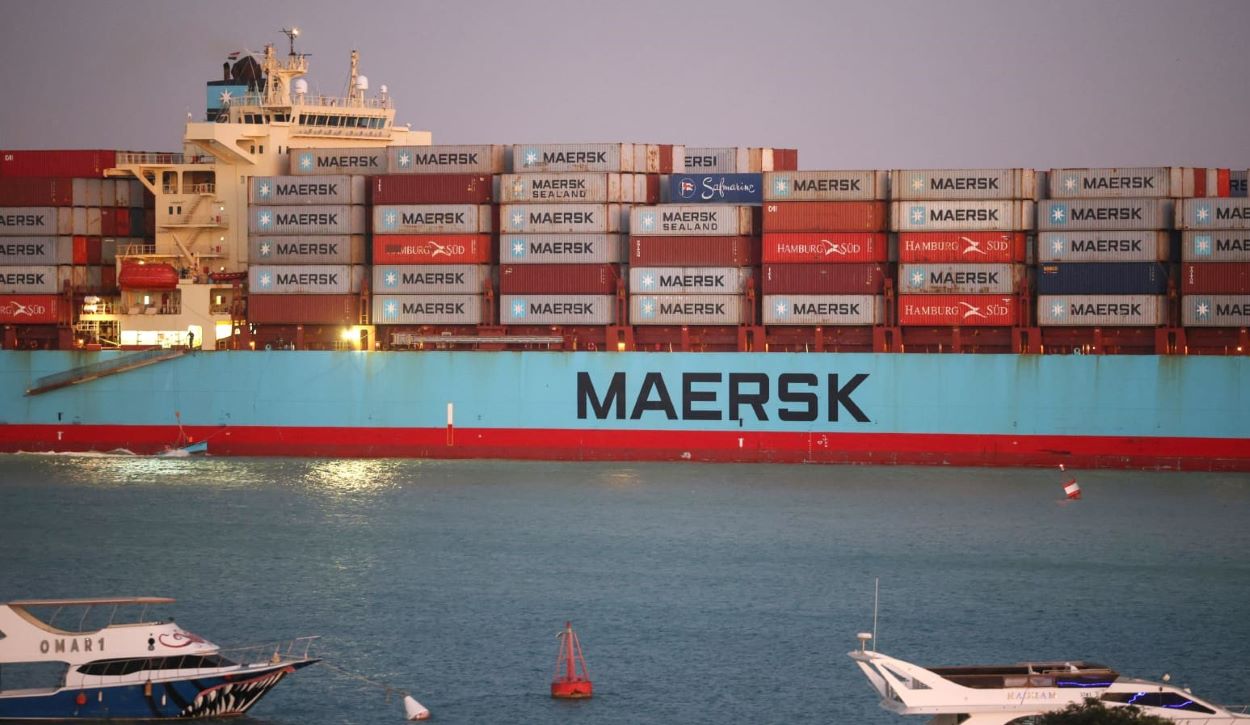Pakistan’s Red Sea trade crisis has led to a dramatic increase in freight charges. Charges have risen by 150%, significantly impacting the export of textiles, rice, fruits, and vegetables. Aasim A Siddiqui, Chairman of the All Pakistan Shipping Association (APSA), reported an average increase in freight charges from $1,500 to $2,500 per container. This surge followed the maritime trade crisis on the East-West route, initially triggered by attacks from Yemen’s Houthis on Israeli cargo vessels. Before this, freight charges were approximately $1,000 per container.
Impact on Trade and Shipping
The crisis has forced vessels to reroute via Africa, increasing delivery times and causing a container shortage. Siddiqui refuted claims that shipping companies are responsible for the freight charge hike. He highlighted the longer travel time and container scarcity as primary reasons. The crisis has notably affected rice exports, Pakistan’s second-largest export, and the major textile sector. Siddiqui also addressed demurrage charges by seaports and terminal handlers due to delays in container clearance. While rates vary, he suggested that companies charging excessive fees would eventually lose clients.
Siddiqui emphasized the need for maritime trade policy reforms and a balanced approach to Afghan transit trade. Despite the APSA’s lack of involvement in recent policy amendments, he urged the government to address the backlog of containers at ports, including those from suspended Afghan transit trade.






